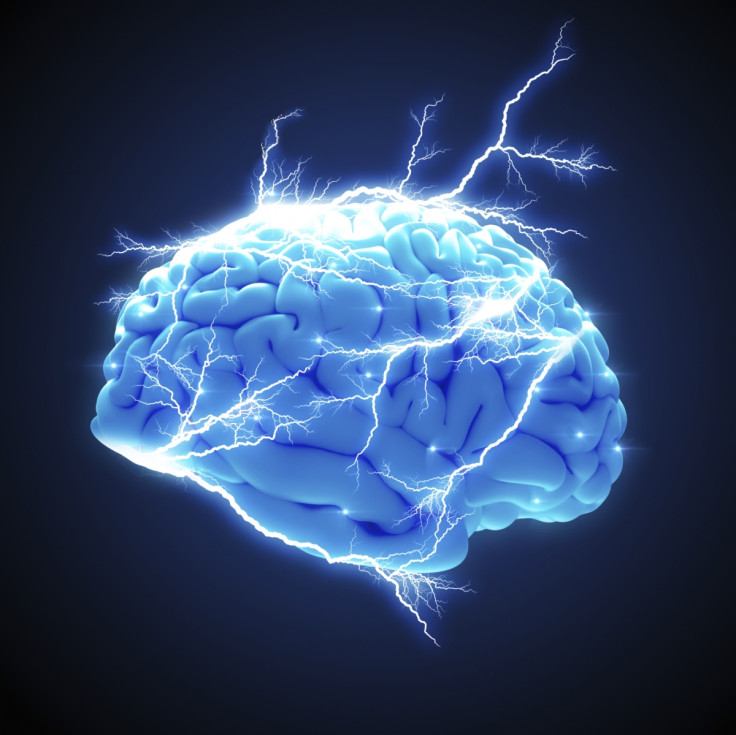Sex, drugs and music: Brain switch stops people feeling emotional about songs
When played their 'favourite song', participants said it no longer elicited the same feeling.
Music triggers the same response in the brain as sex, drugs and food and, when scientists temporarily blocked the chemicals involved, people stopped having an emotional response to their favourite songs. The discovery indicates music has an evolutionary origin – the purpose of which remains a mystery.
Music is one of the key features of mankind. It permeates almost every occasion, including birthdays, religious ceremonies and sporting events. Indeed, mothers from every culture are known to sing to their newborns, making it one of their first ever experiences.
While the neurological basis of how we understand music is well known, exactly why it triggers an emotional response is not.
In a study published in Scientific Reports, researchers have now found music uses the same reward pathways and releases the same chemicals as sex, recreational drugs and food. "This is the first demonstration that the brain's own opioids are directly involved in musical pleasure," said Daniel Levitin, senior author of the paper.
The team asked participants to bring in two pieces of music that trigger intense feelings of pleasure – be it happiness or sadness. Researchers then mapped the areas of the brain that are active while participants listened to the music. From this they were able to work out music involved the opioid system.

Next, the researchers temporarily blocked the opioids in the brain using a drug widely used to treat addiction disorders – because opioids trigger pleasure in the brain, behaviours related to their release can result in addiction i.e. drugs.
Participants were then played their favourite songs again and were asked to explain how they felt about them. Findings showed people no longer had the same emotional response. Levitin explained: "The anecdotes – the impressions our participants shared with us after the experiment – were fascinating. One said: 'I know this is my favourite song but it doesn't feel like it usually does.' Another: 'It sounds pretty, but it's not doing anything for me'."

Researchers said they found a "significant decrease" in the difference between the reaction to pleasurable and neutral music in participants given the drug, adding to the idea that opioids are involved in all emotional changes – be it positive or negative.
They also said their findings point to an evolutionary origin for the purpose of humans getting pleasure from music, but add further research will be required into this area: "The fact that music listening triggers a well-defined neurochemical response suggests an evolutionary origin for music, although one must be cautious and not over-interpret these results; it is also possible that music has developed to exploit an already existing reward system that evolved for other purposes, such as recognising and responding appropriately to various human and animal vocalisations."
© Copyright IBTimes 2024. All rights reserved.






